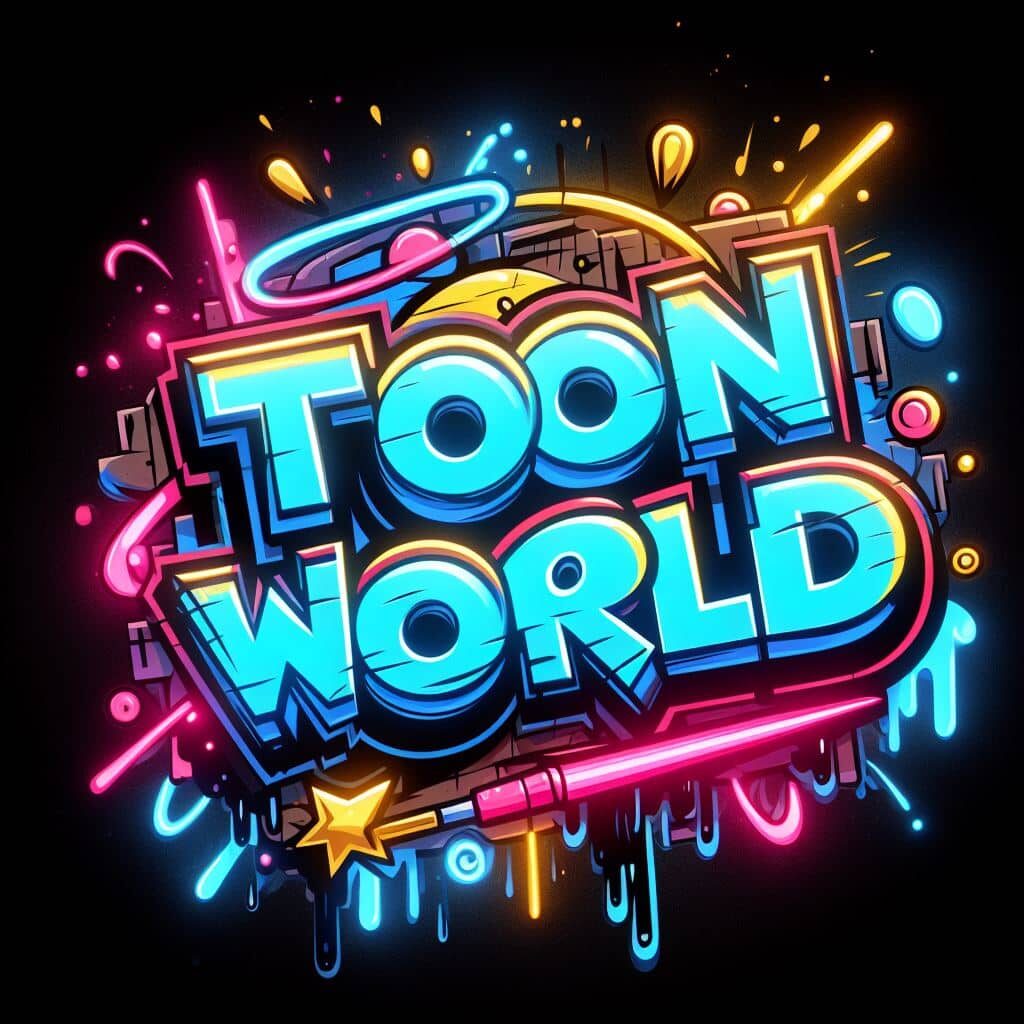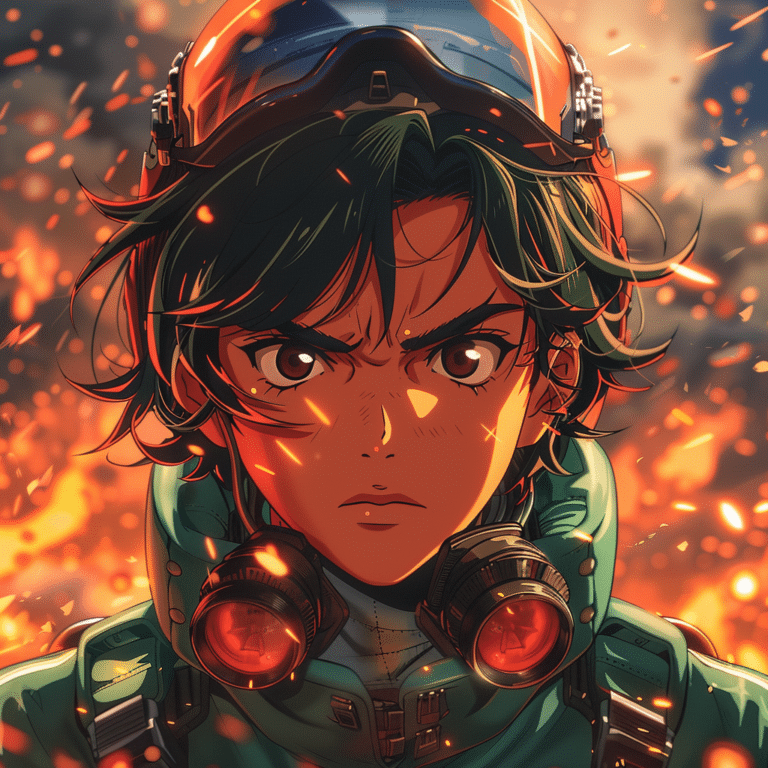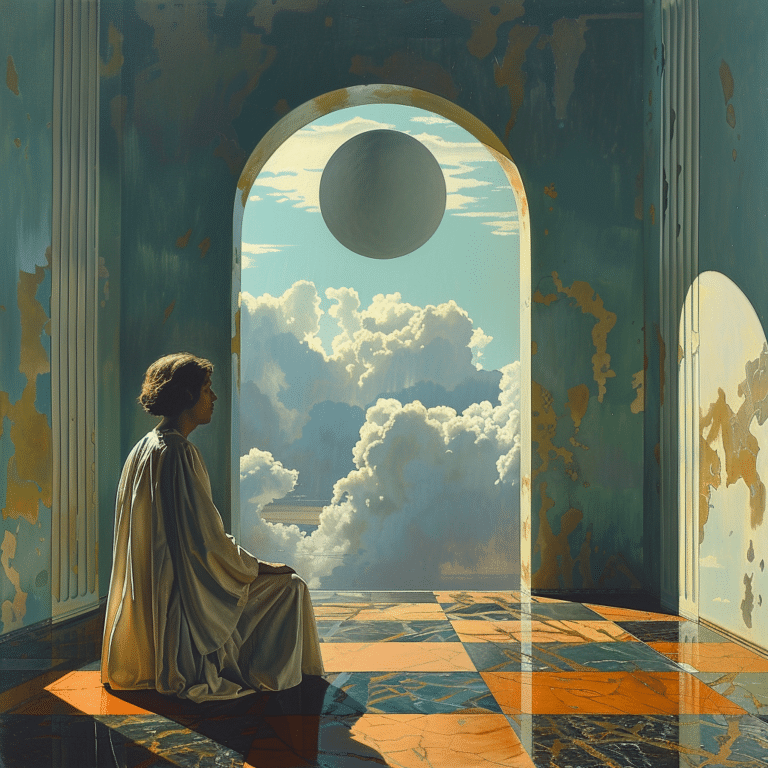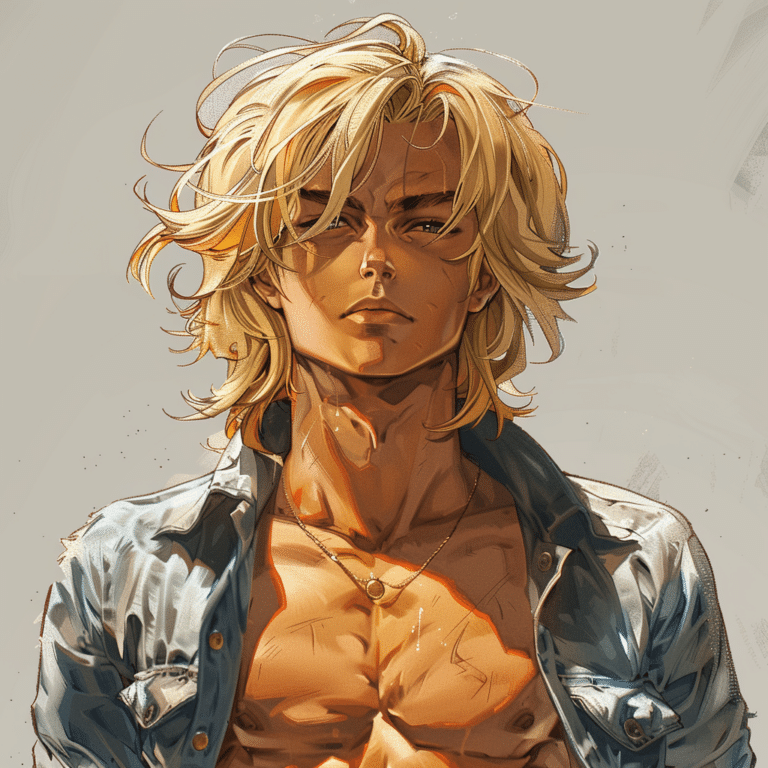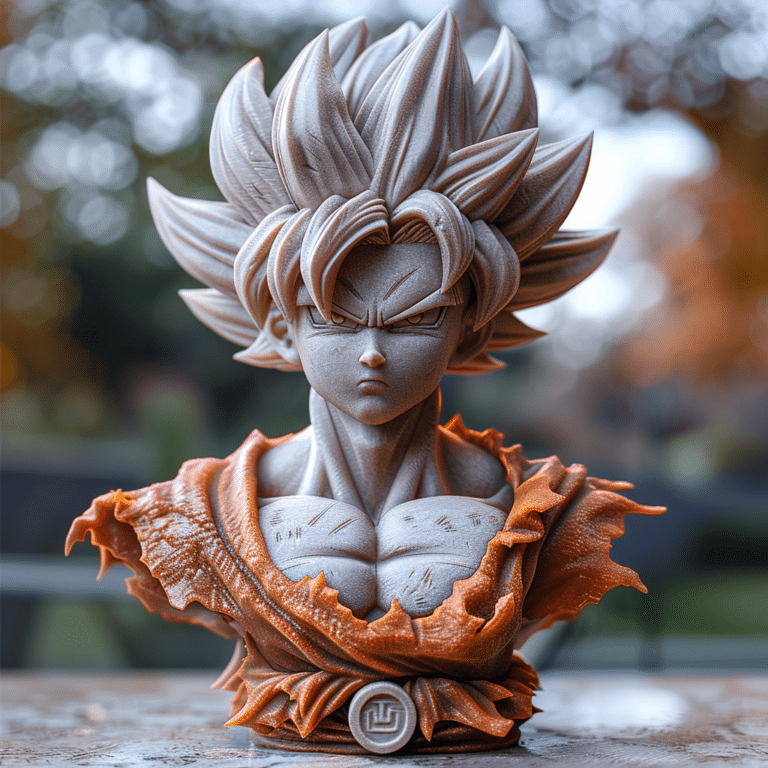Astro Boy is more than just another anime title; it’s a landmark in the world of animation that changed the landscape of Japanese pop culture. Known as “Tetsuwan Atom” in Japan, Astro Boy was the creation of Osamu Tezuka, fondly referred to as the ‘God of Manga.’ The show first aired in 1963 and became an instant hit, captivating audiences with its charming protagonist and thought-provoking themes. But how did this series evolve, and what impact has it had on the anime industry and pop culture at large? Let’s dive in and demystify the origins and enduring legacy of the Astro Boy anime.
The Genesis and Evolution of Astro Boy Anime

The Dawn of Astro Boy Anime and Its Impact on Japanese Pop Culture
Astro Boy, originally titled “Tetsuwan Atom,” burst onto the scene in 1963 and was a hit on both sides of the Pacific. It was one of the first animations to use limited techniques, setting it apart from earlier works like Manga Calendar—often mistakenly referred to as the first Anime TV series. Tezuka’s Astro Boy wasn’t just about a robot boy with incredible strength; it delved deep into themes such as war, technological impact, and the perennial conflict of good vs. evil. This storytelling depth was unprecedented and set a high bar for future anime narratives.
Tezuka’s innovative storytelling didn’t just scratch the surface but dug deep into humanity’s philosophical and ethical questions. All these elements combined to create a rich tapestry that significantly impacted Japanese pop culture. Indeed, Astro Boy set a cultural benchmark, making it a must-watch series and introducing anime to global audiences.
| Aspect | Details |
| Title | Astro Boy (アストロボーイ・鉄腕アトム, Asutoro Bōi Tetsuwan Atomu) |
| Creator | Osamu Tezuka |
| Initial Manga Appearance | Atom Taishi, April 1951, in Shonen magazine |
| First TV Series | January 1, 1963 to December 31, 1966 (Japan); September 7, 1963 to August 20, 1965 (USA) |
| 2003 Anime Series | Created to celebrate the 40th anniversary; produced by Tezuka Productions and Animax |
| Plot | Follows an android boy, Astro, created by Dr. Tenma, who seeks his own identity and heroism |
| Unique Features | – First Japanese animated series with an ongoing plot |
| – Introduced overarching narrative structures for animation | |
| Main Characters | – Astro (known as Atom) |
| – Dr. Tenma (creator) | |
| – Zoran (Astro’s sister) | |
| Villains | Often features dark characters such as those with gloomy castles and organ playing |
| Animation & Effects | Lush, top-grade cel animation and CGI effects (2003 series) |
| Cultural Impact | – Considered the first popular anime based on manga |
| – Set the foundation for the animation of popular comics | |
| – Essential in the success of Japanese manga and anime | |
| Adaptations | – Several remakes and reboots |
| 2003 Anime Length | 50 episodes |
| Film Adaptations | There have been film adaptations, though some like the Imagi Animation Studios film failed |
| Benefits | – Pioneering storytelling and animation techniques |
| – Rich, adventurous plot with moral and ethical dimensions | |
| Trivia | – Despite being ‘cliché’, features well-loved characters creating humor and light-hearted tones |
Astro Boy Anime’s Influence on Future Generations: A Look at Magi Anime (Sinbad)
Astro Boy’s success opened the floodgates for other anime series to explore more sophisticated narratives. Case in point: Magi: Adventure of Sinbad, which explores intrigue, adventure, and mythological themes. While Sinbad’s world is soaked in myth and magic, both characters—Astro and Sinbad—emanate a thirst for justice and truth.
The intricate storytelling in Magi Anime echoes the innovative narrative techniques pioneered by Tezuka. Complex characters and multilayered plots are now hallmarks of modern anime, thanks to the foundational standards set by Astro Boy. What Tezuka gave the world was a format where animation could tackle heavy themes without compromising entertainment value.

Comparative Analysis: Astro Boy Anime and Kino Anime (Kino’s Journey)
While Astro Boy dives headfirst into actions to resolve conflicts, Kino from Kino’s Journey observes and contemplates the diverse societies she encounters. Both series delve into profound existential questions and ethical quandaries, albeit through differing narrative lenses.
Astro Boy’s proactive nature runs counter to Kino’s philosophical observation, yet both encourage viewers to ponder deep existential questions. Keiichi Sigsawa, the creator behind Kino Anime, undoubtedly drew inspiration from Tezuka’s style, focusing on the human condition and ethical dilemmas. Herein lies Astro Boy’s lingering influence—spurring creators to examine the depths of human queries through animation.
Steamboy Anime: A Technological and Aesthetic Tribute to Astro Boy Anime
Katsuhiro Otomo’s Steamboy might be set in a steampunk Victorian era, but its connection to Astro Boy is unmistakable. The series questions the duality of technology as both a creator and destroyer, much like Astro Boy did decades earlier.
Astro Boy’s futuristic setting contrasts with Steamboy’s steampunk aesthetic, yet the core philosophical questions about technological impact remain the same. Otomo’s intricate world-building and attention to narrative detail reflect the same depth that Tezuka mastered, proving once again how Astro Boy’s pioneering spirit continues to inspire animators.
The Comedy and Realism in Golden Boy Anime Versus Astro Boy Anime
Switching gears to comedy, Golden Boy and its protagonist Kintaro Oe explore the everyday trials with an insatiable thirst for knowledge. While Astro Boy roams the futuristic landscape tackling ethical dilemmas, Kintaro navigates through life’s funny moments grounded in reality. Their tones might differ, but their curiosity about the world aligns perfectly.
Astro Boy offers an idealistic vision, while Golden Boy dives into the humorous intricacies of daily life. The episodic structure of Golden Boy could be seen as a subtle nod to the narrative methodologies perfected in Astro Boy. Both series, despite their differing genres, explore human nature—making them relatable and iconic in their own right.
The Global Impact and Longevity of Astro Boy Anime
Astro Boy didn’t just stop at conquering Japanese screens; it became a global cultural phenomenon. Its influence extends to Western animations like The Iron Giant and shows such as Futurama. Concepts of sentient robots and ethical technology use regularly show up in mainstream animations, tracing their roots back to Tezuka’s pioneering work.
In franchises such as Persona 5 Anime and Chobits Anime, the impact of Astro Boy’s imaginative storytelling and groundbreaking themes are palpable. Tezuka’s work crossed cultural barriers and made significant inroads into the Western animation world. Today, Astro Boy remains an enduring symbol of the rich, thought-provoking stories anime can offer.
Future Prospects and Continuing Legacy of Astro Boy Anime
As technology advances at breakneck speed, Astro Boy’s insights become more relevant. New series and adaptations continue to draw from Tezuka’s original vision, exploring the ethical dimensions of future technologies in their narratives.
From Devilman Anime to Anime Geass, contemporary creators and fans honor Astro Boy’s legacy by perpetuating its themes. Astro Boy stands not just as historic artifact but an ongoing inspiration for new generations of creators. Its ability to tackle deep themes and present them engagingly underscores anime’s potential as a profound storytelling medium.
A Beacon of Innovation
Astro Boy was a revolutionary series that blended philosophical depth with technological wonder, creating a balanced mix that continues to inspire the anime industry. This timeless symbol of creative and moral exploration remains a testament to the genre’s untapped potential. As we gaze into the future of animation, Astro Boy stands as a beacon, illuminating the boundless possibilities that lie ahead.
For any aficionado of anime or animation at large, revisiting the profound influence and artistic achievements of Astro Boy offers a compelling glimpse into both the history and future of this ever-advancing medium. Whether indulging in the steampunk world of Steamboy Anime or the adventurous narratives of Magi Anime Sinbad, the echoes of Astro Boy’s groundbreaking legacy are unmistakable. Dive back into its adventures—you won’t be disappointed.
Discovering the Astro Boy Anime Origins and Legacy
Astro Boy and its Pioneering Animation
Astro Boy, also known as “Tetsuwan Atom” in Japan, is not just any anime; it stands at the crossroads of pioneering work and a cultural benchmark. Its creator, Osamu Tezuka, often dubbed the “God of Manga,” sparked a revolution with his character’s adventures, eventually giving birth to the anime industry as we know it. Adding a peculiar twist, did you know that Astro Boy was one of the first to incorporate deep moral and ethical dilemmas, not unlike modern tales like the intriguing Zunesha series?
The Global Influence of Astro Boy
Interestingly, Astro Boy wasn’t just a hit in Japan; it boomed internationally, reshaping perception of animation beyond customary boundaries. For instance, during its initial U.S. release in 1963, it garnered a massive fanbase, blending in seamlessly with shows popular that time, despite any Timy house or space constraints typically associated with animation shows back then. It led the path for other great animes like the recent black samurai anime.
The Technological Impact
Astro Boy’s animation techniques were groundbreaking, using methods that are still prevalent today. Tezuka introduced the concept of “limited animation,” which economized movement without compromising the storytelling. This technique paved the way for the genre’s growth, unlike blue giant anime, which thrives on its dynamic animation style. Even in seemingly remote regions like delaware beach, its influence has been tremendous as local animation clubs get inspired by Astro Boy’s legacy.
Beyond Entertainment
With its complex themes and engaging storylines, Astro Boy delves into issues far beyond mere entertainment. Tezuka’s creation often tackled significant themes such as the ethics of science and humanity’s quest for progress. These aren’t just trivial pursuits—Astro Boy has a profound impact, almost as thought-provoking as questions like can You overdose on Lexapro. Let’s not forget how Astro Boy handled sensitive topics ahead of its time, making even a complex subject like white Slurs look approachable in comparison.
Astro Boy isn’t just an anime; it’s a milestone in animation history, influencing numerous other works and generations of animators. Whether you’re a long-time fan or just starting your journey into the world of anime, this classic provides a wealth of intriguing insights and endless inspiration.

Does Astro Boy have an anime?
Astro Boy definitely has an anime. In fact, the original series aired way back in 1963, and there have been several remakes and reboots over the years, including a popular series in 2003. It’s one of those classics that keeps coming back.
Is Astro Boy the oldest anime?
Astro Boy isn’t the oldest anime, though it’s often thought of that way. The first Japanese animated TV series was actually Manga Calendar. Astro Boy was the first with an ongoing plot, which is probably why it stands out in people’s memories.
Is Astro Boy anime worth watching?
Astro Boy is totally worth watching. It’s a fun series with a mix of dark, tense moments and lighter, sillier episodes. Astro’s adventures and the colorful cast of characters, including his mischievous sister Zoran, keep things entertaining from start to finish.
Why is Astro Boy so popular?
Astro Boy’s popularity comes from its groundbreaking place in anime history and its unique storytelling and aesthetics. Created by the “God of Manga” Osamu Tezuka, it laid the foundation for the success of manga and anime worldwide. Without Astro Boy, who knows where anime would be today?
Where can I watch the Astro Boy TV series?
You can watch the Astro Boy TV series on various streaming platforms like Crunchyroll, Funimation, and sometimes on services like Netflix or Hulu. It’s also available on DVD and Blu-ray if you’re into collecting.
Is Astro Boy appropriate for kids?
Astro Boy is appropriate for kids, though some episodes touch on heavier themes. It’s got a good balance of action, adventure, and moral lessons that’s suitable for younger audiences, but adults can appreciate it too.
Is Astro Boy dark?
Astro Boy does have some dark moments, especially with its gloomy castle settings and deep emotional themes, but it’s balanced out with lighter, more humorous moments involving characters like Zoran and Astro’s friends.
Is Astro Boy A Boy or a girl?
Astro Boy is a boy, or at least a robot designed to look and act like a young boy. He’s modeled after Dr. Tenma’s deceased son, Tobio, and even though he’s a robot, he experiences a lot of the same emotions and challenges that human boys do.
What is the oldest anime ever?
The oldest anime ever is debated, but one of the earliest is “Namakura Gatana,” a short film from 1917. Astro Boy came much later but stands out for its significant impact on the anime industry.
Is Astro Boy for adults?
Astro Boy isn’t just for kids; it’s for adults too. The series tackles various complex themes about humanity, ethics, and technology that resonate with viewers of all ages.
Can Astro Boy beat Superman?
Astro Boy probably can’t beat Superman. While Astro Boy is incredibly powerful with his 100,000 horsepower and various abilities, Superman’s invincibility, super strength, and other powers are on a different level altogether.
Why was Astro Boy 2 cancelled?
Astro Boy 2 was cancelled due to the poor box office performance of the Astro Boy movie, which led to the closure of Imagi Animation Studios. It was a bummer for fans who were looking forward to more adventures.
Is Astro Boy based on Pinocchio?
Astro Boy has a lot in common with Pinocchio in that he’s a creation trying to find his own identity and place in the world. Both stories involve a creator who rejects their creation, leading the protagonist on a journey of self-discovery.
Does Astro Boy ever grow up?
Astro Boy doesn’t grow up in the traditional sense because he’s a robot, but he does mature emotionally and mentally throughout his adventures. His character develops more depth as he learns and experiences new things.
Did Astro Boy have a girlfriend?
Astro Boy didn’t have a traditional girlfriend, but he did have a close relationship with a robot girl named Uran (or Astro Girl/Zoran in some versions). Their relationship is more sibling-like, adding emotional depth to his stories.
